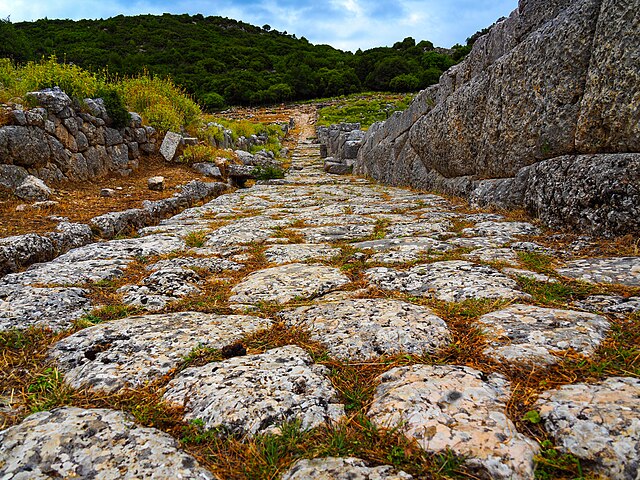While spending yet another evening staving off Rome’s collapse, finishing Britain’s unfinished empire, launching an Aztec invasion of Spain, or any other of the myriad counterfactual possibilities on offer in my library of historical grand strategy games, I’ve often thought about how these games are inherently inaccurate due to the players’ ability to process and respond all information instantaneously. It’s very easy to counter a Hunnic invasion when you can immediately order reinforcements to the Balkans rather than wait for messages to travel weeks in either direction! While it might be theoretically possible to introduce such limitations to modern gaming, I’ve always thought it would be prohibitively difficult, and just not fun. Yet a synthesis of studios’ drive to maximize player engagement time and players’ quest to obtain prestigious “achievements” has now resulted in a different genre offering what could be the most historically accurate gaming experience I’ve yet come across: Assassin’s Creed: Odyssey’s adventure mode.
As I powered up my first playthrough of this action role-playing game set in Classical Greece, I came across a choice that at first baffled me. Aside from the standard difficulty slider determining whether you or your enemies get their stats beefed up, there was another option concerning quest markers. I could play Odyssey like any other RPG–pulling up my world map to see exactly where quest givers and objectives were located, marking them, and running straight to them using mini map navigation–or I could select adventure mode. No objectives of any kind would be marked for me, and I would need to use information garnered from conversations and the scouting abilities of my eagle companion to track down the people and objects I’d be looking for. My gaming instincts recoiled at such a time-intensive, surely-frustrating option, but my historian’s brain marveled at the possibilities. If such an individual as Odyssey’s hero did exist in the ancient world, or at any time before the modern era, they would have had to navigate in much the same way, using sign posts, relative directions, and maybe the stars to fumble their way towards their destination. In fact, they likely would not even have had access to a geographically accurate map!
In the end, my own decision was an easy one: I tend to value fun over accuracy in my own games, and I have too many other things I want to do to spend months blundering around ancient Greece in search of yet another side quest. I remain fascinated by video games’ potential for increased historical immersion, however. Maybe one of these days, when my digital library doesn’t hold quite so many unplayed games, I’ll go back to Odyssey and give it another go, this time honing my ability to navigate without all those modern contrivances that make gaming–and real-life travel–in the twenty-first century so simple.
